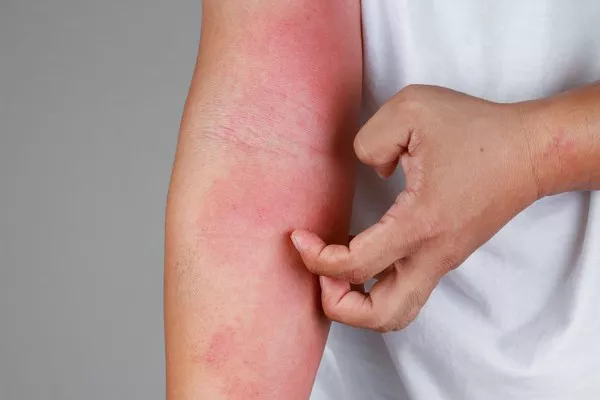Shingles, also known as herpes zoster, is a viral infection caused by the varicella-zoster virus—the same virus responsible for chickenpox. While shingles primarily affects the skin, its ramifications extend beyond the surface, influencing the intricate workings of the immune system. Understanding how shingles interacts with the immune system is crucial for both prevention and management of this potentially debilitating condition.
The Varicella-Zoster Virus and Immune Response
To comprehend the effects of shingles on the immune system, it’s imperative to delve into the virus’s lifecycle and the body’s response to its presence. Following an initial infection of chickenpox, the varicella-zoster virus lies dormant within the nervous system, primarily in the dorsal root ganglia. Years later, under certain conditions such as aging, stress, or a weakened immune system, the virus can reactivate, leading to the development of shingles.
Upon reactivation, the virus travels along nerve fibers to the skin, causing a painful rash typically localized to one side of the body. This reactivation triggers a cascade of immune responses aimed at containing and eliminating the virus. However, the virus often outmaneuvers these defenses, leading to the characteristic symptoms of shingles.
Impact on Cellular Immunity
Shingles exerts its primary influence on cellular immunity, the branch of the immune system responsible for identifying and destroying infected cells. T lymphocytes, a type of white blood cell, play a pivotal role in this process. In individuals with shingles, the varicella-zoster virus evades detection by these immune cells, allowing it to replicate and spread within the body.
Moreover, the inflammatory response triggered by the immune system contributes to the characteristic pain and discomfort associated with shingles. The release of pro-inflammatory cytokines exacerbates tissue damage and intensifies the rash’s severity. Consequently, individuals with shingles often experience significant impairment in their quality of life due to pain and discomfort.
Modulation of Humoral Immunity
In addition to cellular immunity, shingles can also impact humoral immunity, which involves the production of antibodies by B lymphocytes. While antibodies play a crucial role in neutralizing pathogens, their effectiveness against the varicella-zoster virus is limited once it has reactivated. Consequently, the production of antibodies may not provide sufficient protection against shingles or prevent its recurrence.
Furthermore, the reactivation of the varicella-zoster virus can lead to a decline in pre-existing immunity, leaving individuals susceptible to recurrent episodes of shingles. This phenomenon underscores the importance of maintaining a robust immune response through vaccination and other preventive measures.
Implications for Immune Function
Beyond the acute phase of infection, shingles can have long-lasting implications for immune function. Chronic pain, a common complication of shingles known as postherpetic neuralgia, can persist for months or even years after the rash has healed. This chronic pain not only diminishes quality of life but may also contribute to immune dysfunction by inducing stress and disrupting sleep patterns.
Moreover, the presence of shingles can weaken the overall immune response, rendering individuals more susceptible to other infections. The immune system’s resources are diverted towards combating the varicella-zoster virus, leaving the body less equipped to defend against other pathogens. This phenomenon highlights the interconnectedness of various components of the immune system and underscores the importance of holistic approaches to health and wellness.
Management Strategies
Given the multifaceted impact of shingles on the immune system, effective management strategies are essential to alleviate symptoms and prevent complications. Antiviral medications such as acyclovir and valacyclovir can help shorten the duration of the infection and reduce the severity of symptoms by inhibiting viral replication.
Additionally, pain management techniques, including over-the-counter analgesics and prescription medications, can provide relief from the discomfort associated with shingles. Furthermore, vaccination against shingles with the herpes zoster vaccine can significantly reduce the risk of developing the infection and its associated complications, particularly in older adults.
Conclusion
In conclusion, shingles exerts a profound influence on the immune system, affecting both cellular and humoral immunity. By evading immune detection and triggering inflammatory responses, the varicella-zoster virus can cause significant pain and discomfort, with potential long-term implications for immune function. Effective management of shingles requires a comprehensive approach that addresses both acute symptoms and long-term consequences. Through vaccination, antiviral therapy, and pain management strategies, individuals can mitigate the impact of shingles on their immune system and overall well-being.

























